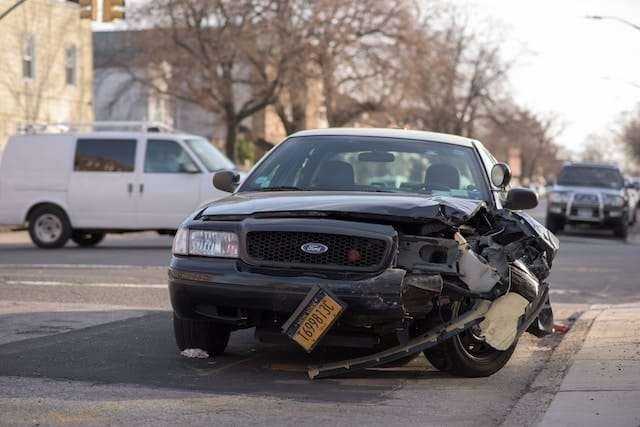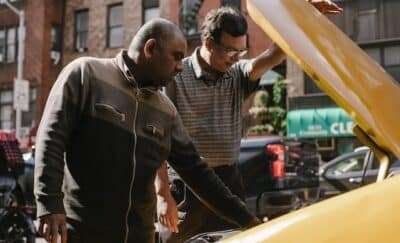Imagine this. You’re having the best day of your life. To celebrate this, you decide to go on a relaxing drive. Just you, your car, the free road, and your favorite music. You’re in your element when everything comes to an abrupt stop. Someone has hit you from behind.
You’ve just been involved in a rear-end accident.
Roughly 1.7 million rear-end collision happens in the United States every year. Out of these numbers, 1,700 are fatal, while 500,000 require medical attention. Considering such high numbers, it is important to be aware of the causes of rear-end collisions. It is also important to consult a car accident lawyer to make sure you receive fair compensation for your injuries.
Rear-End Collision: Causes
There may be multiple reasons why rear-end collision happens. Some of the common ones include:
- Speeding
- Distracted driving
- Tailgating
- Violating traffic laws and signs
- Driving while under the influence of alcohol and drugs
- Reckless driving
There’s one sad thing to note here. Just about each of these causes can be avoided if the driver decides to drive responsibly. Drivers can simply not answer calls when the vehicle is in motion or opt for a cab if they’re too drunk to drive. All this takes little effort, but drivers choose not to do it.
The Aftermath of an Accident: Seeking Legal Counsel
In the unfortunate event that your vehicle has been hit from behind, it is important to hire a car accident lawyer. You deserve compensation to fix your damaged car or to tend to your injuries. But seeking compensation isn’t as simple as it sounds.
1. Establishing Liability
The most important thing in a rear-end collision, or just about any accident, is establishing liability. This decides whether you have a valid case or not.
In most cases, the driver of the rear vehicle is the responsible one. This is because drivers have a duty to maintain a safe distance from other vehicles. A rear-end collision means this duty was breached.
2. Common Defenses
Though liability in a rear-end collision may be as clear as day, you might still run into trouble based on your state of residence. Rules like contributory negligence and comparative negligence are common defenses used in rear-end collisions.
The settlement amount takes a hit based on the victim’s involvement in the accident.
According to contributory negligence rules, the victim is denied the right to claim compensation if they had a role in the accident.
As for comparative negligence, a percentage of the settlement amount will be deducted based on the victim’s level of involvement.
3. Compensation Calculation
As a victim of a rear-end accident, there are things that you have to do. The first thing would be to contact emergency services, irrespective of whether you’ve been injured or not.
Approaching a medical practitioner after an accident has two benefits.
- You get to treat your injuries
- You can get a diagnosis for hidden injuries
In addition, the medical bills you receive here will be used as evidence when your lawyer calculates economic damages.
Medical bills aside, victims of rear-end accidents can also claim.
- Lost wages
- Property damages
- Pain and suffering
- Emotional distress
- Loss of consortium
4. Settlement Negotiation
This is usually the last part of a rear-end collision case. With all the evidence in hand, your attorney will arrange a meeting with the defendant and/or the insurance company. In this meeting, the expected negotiation will be discussed.
There will be multiple back-and-forth arguments, offers, and counteroffers. All these happen during settlement negotiation. With an experienced car accident lawyer by your side, you’ll receive a fair settlement that compensates for all your injuries and losses.
When negotiations fail, your case will move to court to be presented before a judge and jury.
Final Thoughts:
Rear-end collisions aren’t just a minor inconvenience. They have the ability to cause serious damage.
Hiring an experienced car accident lawyer is essential, not just for proving liability but also to ensure you receive fair compensation for your injuries.







